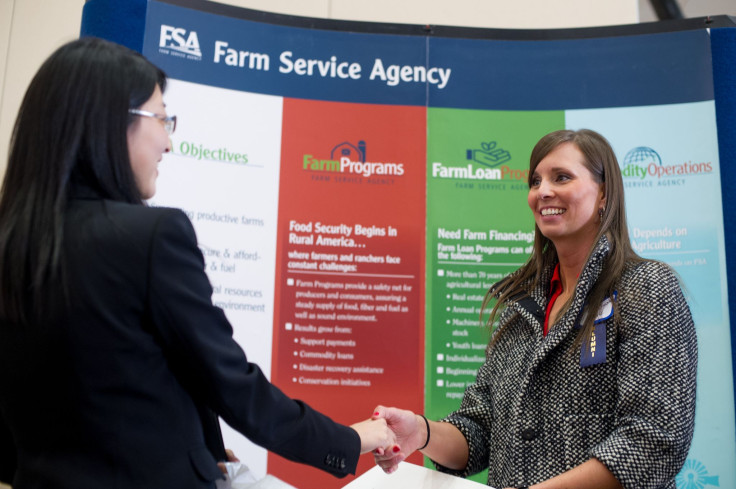College Major, Institution May Have Highest Impact On Career Outcomes

The classic college experience, academically anyway, includes internships and community service. It’s believed participating in either one or both of these activities will lead to greater career outcomes. But according to a new study from New York University's Steinhardt School of Culture, Education, and Human Development, this may not be the case.
Researchers cited internships, community service, as well as studying abroad and senior capstones are what the Association of American Colleges & Universities refer to as “high-impact practices.” These practices “cultivate the kinds of learning and development students need for success.” Prior research has investigated more the impact these practices have on earnings follow graduation, not the non-monetary measures.
The present study analyzed both earnings and non-monetary measures, such as job satisfaction, supportive work environment, and job commitment. While there was a positive relationship between internships, community service, and senior capstones — these students were employed by challenging, supportive workplaces — studying abroad had little impact on a student’s career. Plus, none of the high-impact practices affected job satisfaction or commitment.
Instead, selective institutions and declared major improved career outcomes. Employees who attended a selective institution reported average 16 to 19 percent higher earnings, while employees working in a job related to their major had more than 15 percent higher earnings.
Earnings, too, didn’t necessarily predict job satisfaction. The study shows while business majors and science, technology, engineering, and mathematics (STEM) majors enjoyed comparable earnings, business majors reported low levels of job satisfaction and challenge on the job. And despite education majors earning less than STEM majors, they reported more job satisfaction and commitment.
"Our study adds important nuance to our understanding of the influence specific college experiences have on economic and attitudinal job outcomes in the years following college graduation," Gregory Wolniak, study author and director of the Center for Research on Higher Education Outcomes at NYU Steinhardt, said in a press release.
That said, Wolniak added he and his team anticipated "finding more consistent and stronger evidence that high-impact practices have a positive influence on earnings and other aspects of career success." Even so, the study as is suggests college students earn more and enjoy their job more when they land a job related to their major.
Of course, this isn’t to say students should stop participating in things like internships, community service, and study abroad. It simply recommends "using caution before suggesting that the positive influence high-impact experiences have on learning will translate to career gains."
Source: Wolniak G, NYU Steinhardt. 2015.
Published by Medicaldaily.com



























